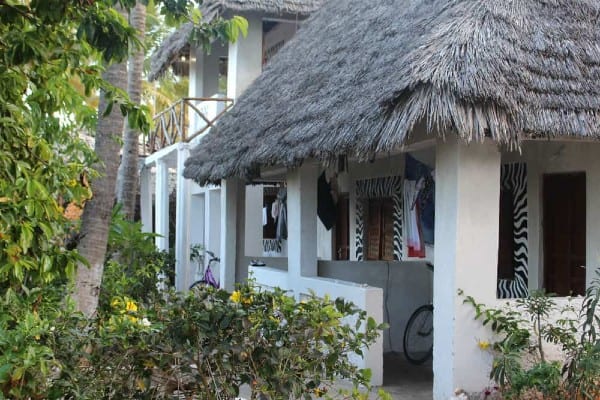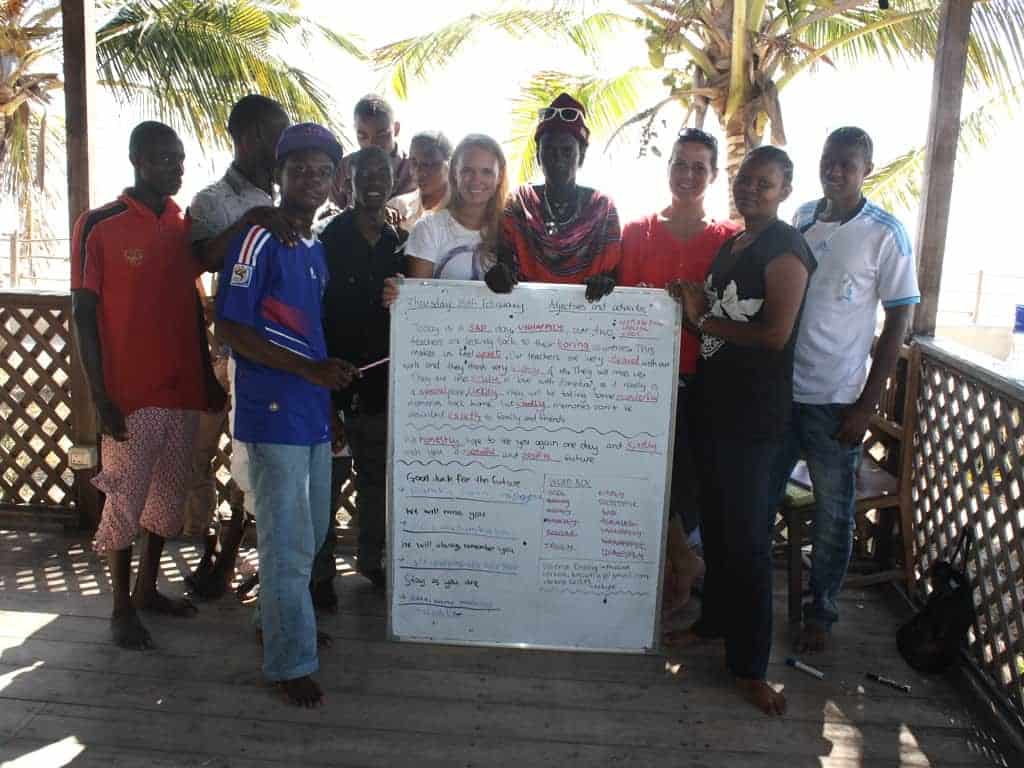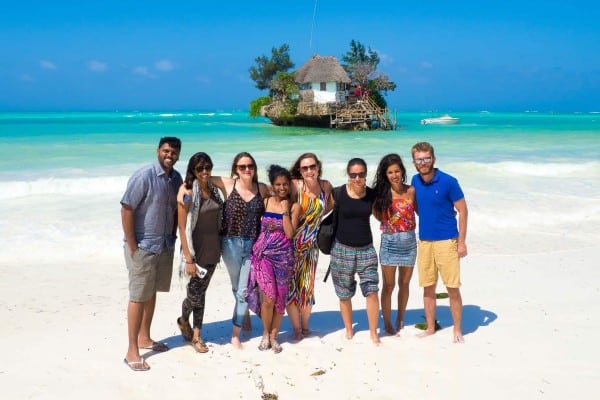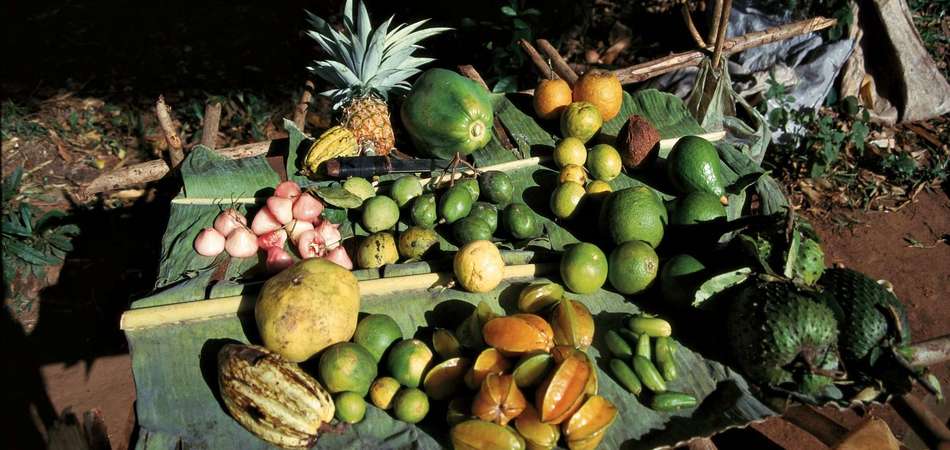Dolphin & Marine Conservation -Make a Difference in one of the most beautiful destinations
Tour snapshot
14 Days
20 persons
Tanzania Zanzibar
Volunteering
Overview
Marine Conservation Volunteering
You will be at the forefront of promoting responsible dolphin tourism, through vital research and ethical practices.
The dolphin tourism industry generates essential income for an otherwise very poor island, with a huge array of marine life, wildlife and more on offer.
Become part of our mission to strike the right balance between allowing for tourism to grow, benefiting the local community and people of Zanzibar while conserving dolphins and marine life for many more generations to come.
Overview of the Marine Conservation Volunteering Project
This project was developed to investigate the damaging impacts of marine tourism on the dwindling dolphin population.
Alongside our partnership with Es Salaam University, volunteers are fully involved with providing credible and meaningful data, to support the implementation of ethical, tourism policies.
Zanzibar is one of the last remaining natural areas in the world, with a dolphin population, which is not governed by guidelines that limit the impact of tourism on their natural behaviours.
This is where volunteers come in, to ensure that this unique and precious dolphin population does not suffer the consequences of unregulated tourism.
With the dolphin tourism industry continuing to boom, it’s about being ethical. We must strike a balance between promoting a buzzing tourist destination, which directly supports and benefits the local communities, while also protecting and preserving these incredible mammals. Stress to dolphins can push them away from natural feeding areas, into quieter waters.
Let’s make a difference and create an environment where locals can flourish, because of increased tourism, while sea-life can live in harmony.
Included/Excluded
Select Dates
{{type.name}}
{{type.desc}}
{{type.display_price}} per person
Guests
Extra prices:
- {{total_price_html}}
- {{pay_now_price_html}}
Guest in maximum
BOOK NOW Book NowImportant information
Itinerary
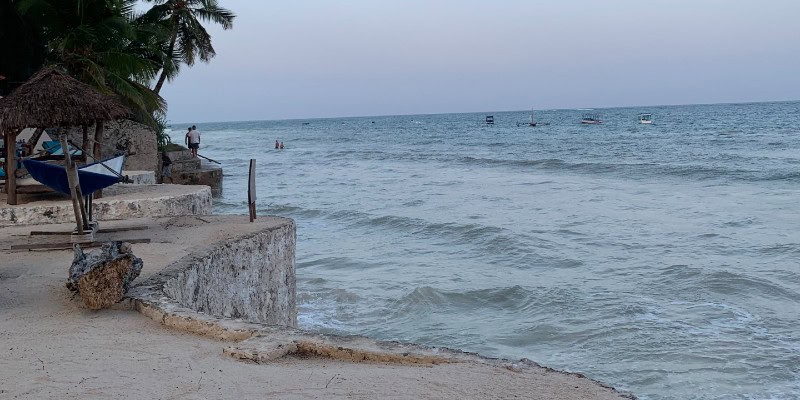
FAQs about
Dolphin & Marine Conservation -Make a Difference in one of the most beautiful destinations
Zanzibar is popularly referred to as the ‘spice islands’ Zanzibar is the world’s oldest functioning Swahili city Zanzibar has seen influences from British, Dutch, Egyptian, Portuguese, Arab & Phoenician, throughout various stages of history The Zanzibar archipelago is a series of islands on the Indian Ocean. The island is situated around 16-31 miles from the mainland Republic of Tanzania. Zanzibar is a semi-autonomous region of the Tanzania. Nestled close to the Equator, Zanzibar is warm throughout the year and has 12 hours of daylight and 12 hours of darkness, like most of the East African countries. Zanzibar is home to the nearly extinct Red Columbus Monkey, the Servaline Genet, and the Leopard.
2 weeks – 12 weeks
Marine


